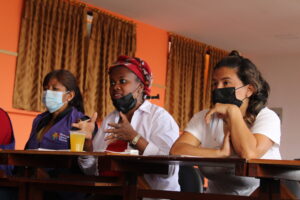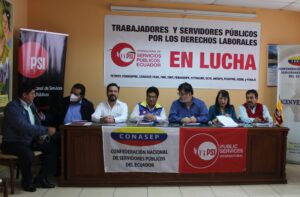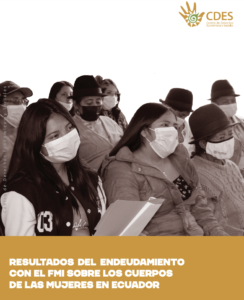Ecuador is an upper-middle-income country currently facing a financial crisis. During the period 2007-2017, Ecuador experienced economic and social progress, partly thanks to the reduction of its external debt after a debt audit, but during the last few years, the situation has taken a sharp turn in a negative direction. The country was already experiencing a recession prior to the Covid-19 pandemic and, despite a mild post-pandemical bounce-back, the negative developments have continued. As a result, inequalities, poverty-levels and violence have sky-rocketed. Severe debt distress and harsh austerity programmes, linked to an IMF reform programme, are central elements of the recent social and economic developments in Ecuador.
For more information see the summary report.





